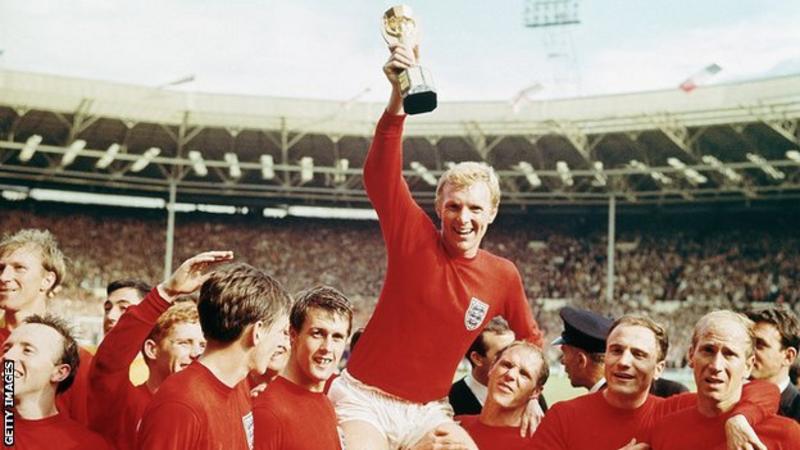A parliamentary inquiry into the link between sport and long-term brain injury has been launched on 09/03/21.
MPs will consider the links between head trauma and dementia, and how risks can be mitigated. Last year, Sir Bobby Charlton became the fifth member of England’s 1966 World Cup-winning squad to be diagnosed with dementia.Rugby league international Stevie Ward has recently due to the effects of concussions and a number of ex-rugby union internationals are also suing for brain damage.
The Concussion in Sport inquiry, which starts on 9 March, will consider scientific evidence and hear from players and governing bodies.
The inquiry will not consider material involved in ongoing legal proceedings, but will look at potential implications of successful legal action and what impact that could have on sport in the longer term.
Digital, Culture, Media and Sport committee chair Julian Knight said: “We will look particularly at what role national governing bodies should be taking and their responsibilities to understand risks involved for players and what actions might be taken to mitigate them.
“We’re seeing a number of cases involving brain injury in sport likely to reach the doors of our law courts and we will also look at the implications for sport in the longer term of any successful legal claim.”
Culture Secretary Oliver Dowden, who has hosted two recent meetings with players and sports bodies on the issue, and asked them to work together to devise a plan, said he welcomed the inquiry.
A 2019 study showed footballers were three and a half times more likely to die of neurodegenerative disease than age-matched members of the population.
Last month, former Scotland, Manchester United and Leeds United defender Gordon McQueen was diagnosed with vascular dementia.
Former England and West Brom striker Geoff Astle died of the condition in 2002, and his daughter Dawn is working alongside the Professional Footballers’ Association to help shape the way it cares for former players.
Dr Willie Stewart, the neurosurgeon who led research into football’s links with dementia, has warned the issue is “not just for older-era footballers but modern-era footballers as well”.
Last year heading guidelines were altered in England, Northern Ireland and Scotland to encourage coaches not to practise heading at all in training in children up to primary school age.
In the professional game concussion substitutes are being trialled in the Premier League and FA Cup, while a working group is looking at introducing similar guidelines to the ones set out for children to training.
The Football Association is currently supporting two independently led research studies examining former professional players for early signs of neurocognitive degeneration.
England football manager Gareth Southgate is taking part in the ongoing HEADING study, which works with PFA members aged 50-plus and is being conducted by the London School of Hygiene and Tropical Medicine.

